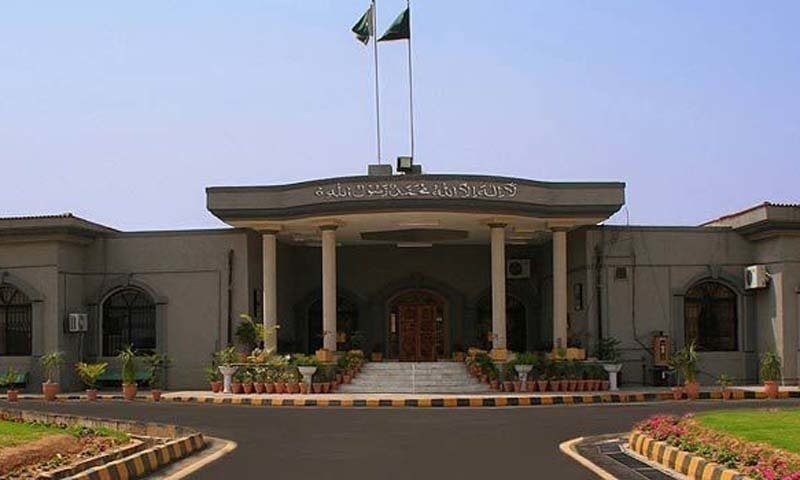The Islamabad High Court (IHC) has rejected the legal stance of the Appellate Tribunal Inland Revenue (ATIR) and issued a notice to prominent anchorperson Meher Bokhari in an alleged income tax concealment case. The case revolves around the Federal Board of Revenue’s (FBR) challenge to a decision made in Bokhari’s favor by the ATIR.
The IHC, in its order (I.T.R No. 06 of 2025), has sought Bokhari’s response to the FBR’s allegations. The court has framed three key legal questions for determination, focusing on whether the ATIR erred in its decision to rule in favor of the anchorperson.
The FBR contends that Bokhari, as a service provider, failed to comply with withholding tax requirements under Section 153(1)(b) of the Income Tax Ordinance, 2001. According to the FBR, Bokhari filed her tax return for the year 2017, treating her receipts from services as income and final tax liability. However, the FBR argues that she failed to substantiate any business expenses to justify her declared income.
A show-cause notice was issued to Bokhari on April 20, 2023, which culminated in an order-in-original. This order was upheld on appeal on December 11, 2023. However, the ATIR later modified the orders, ruling that the receipts could not be treated as income for tax liability purposes. The FBR subsequently challenged this decision in the IHC.
The IHC has identified three critical questions of law for consideration in the case:
- Did the ATIR err by failing to consider that Bokhari declared her entire receipts as income in her wealth statement, using this to reconcile net asset accretions and personal expenses, without substantiating any business expenses?
- Was the deemed assessment order rightly amended under Section 122(5A) of the Income Tax Ordinance, as it was both erroneous and prejudicial to the revenue?
- Did the ATIR fail to recognize that, in the absence of disclosed expenses, the assessing officer’s treatment of receipts as income was lawful and appropriate?
The FBR’s counsel argued that Bokhari’s receipts from services should have been subject to withholding tax and that the ATIR’s decision to modify the orders was flawed. The counsel maintained that the assessing officer’s treatment of the receipts as income was justified, given the lack of disclosed expenses.
The IHC has issued notices to Meher Bokhari, seeking her response to the FBR’s allegations. The court will now proceed to examine the legal questions raised in the case and determine whether the ATIR’s decision was erroneous.










